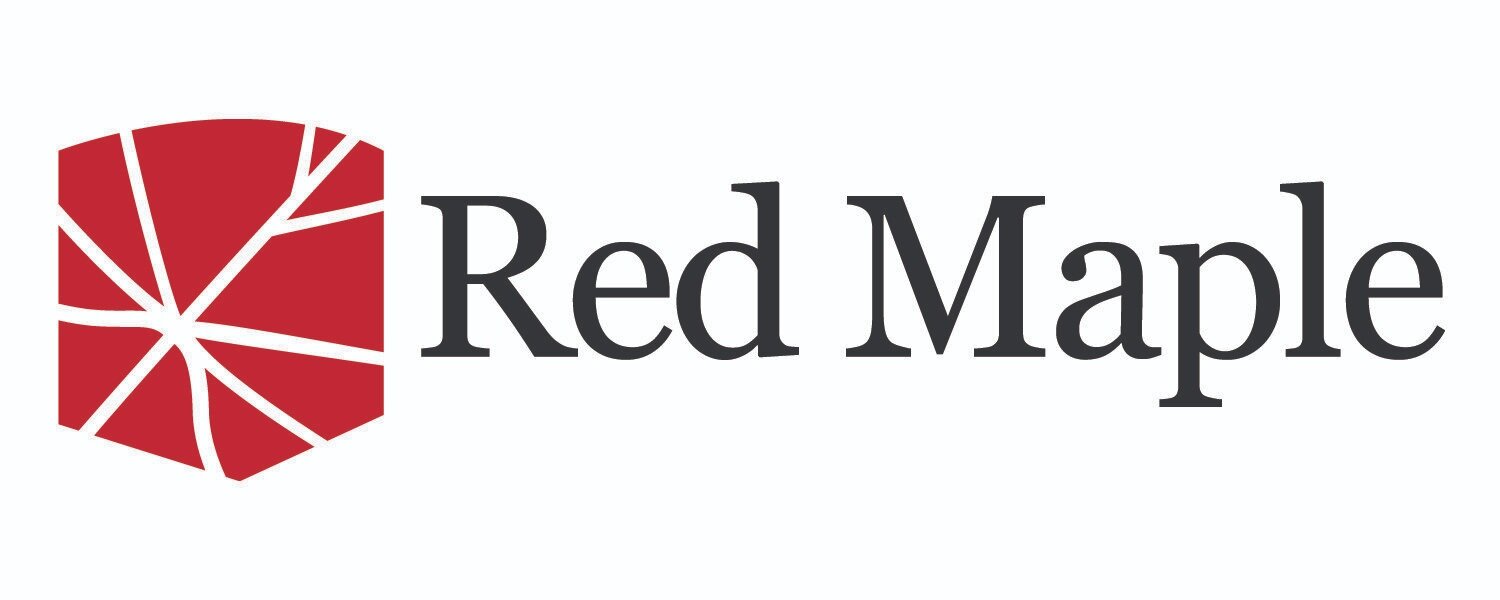When Your Low Valuation Comes Back to Bite You!
Author: Chris Young, PhD
For many of us who prepare economic damage reports, valuations and/or testimony in commercial dispute cases have often requested access to valuation reports completed prior to the litigation. Many times, we are denied access to these valuations because adversary counsel argues that all prior valuations were completed for purposes not related to the matter at hand, and that the reports are covered under confidentiality between the valuation firm and the client. Up until now this tactic worked ‘sort of” well – keeping many valuations from the economic or accounting expert working on the case.
Most recently, in Galasso v. Cobleskill Stone Products (2019 N.Y. App.Div. LEXIS 1457, 2019 NY Slip Op1483)), the appellate court ruled that former valuation reports are discoverable, when the valuation is material and necessary in the prosecution or defense of an action, regardless of the burden of proof.
Before the litigation began, the Plaintiff engaged a well-respected valuation (Val Firm) firm to perform a valuation for estate and tax purposes. During the valuation process, the Val Firm believed that the financial statements showed “serious and substantial concerns.” It was presumably this underlying valuation which prompted the Plaintiff to take legal action. During the litigation, the Defendant requested the valuation but was ultimately denied.
The appellate court granted the defendant access to the Val Firm report, despite the confidential nature of the agreement between the Plaintiff and Val Firm. The appellate court ruled that the Val Firm’s report played a role in the Plaintiff’s decision to take action against the Defendant, and that the report may be used to assist in calculating economic damages to the Plaintiff.
What I find interesting about this case, is that the underlying issue pertained to the Defendant paying the Plaintiff for their ownership in the company. However, the Plaintiff obtained a valuation for estate and tax purposes, which was ultimately reviewed and considered as a proxy for economic damages.
Why does this matter?
Typically, valuations for tax and estate purposes are completed in a manner to limit the tax burden to the shareholder. However, for litigation, this same shareholder is going to attempt to maximize their shareholder price, and many times this is allowed in cases such as breach of fiduciary duty or shareholder oppression. I find this dilemma interesting…. Will the court look to the estate valuation completed prior to the litigation as the most compelling value, or will they rely on the valuation completed by someone else after the valuation began?
Only time will tell…..
Please share your thoughts here or send them to chris@redmapleeconomics.com
